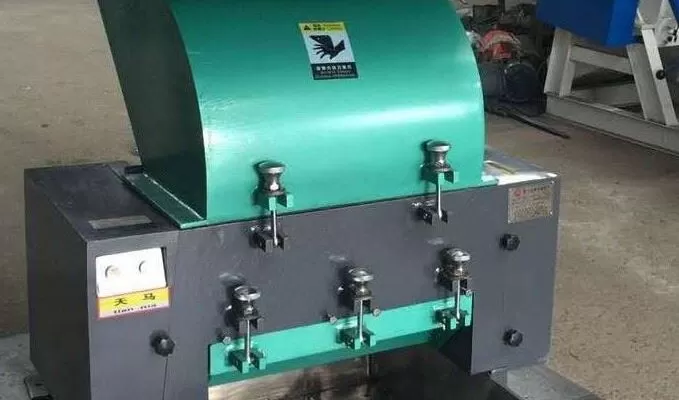In my journey across the global recycling landscape, from bustling American cities to the lush landscapes of Ecuador, I’ve encountered diverse challenges and innovations. Guyana’s situation is unique. Despite its rich natural beauty, the country faces significant hurdles in managing plastic waste effectively. Like many developing nations, the infrastructure for effective recycling is still nascent. The good news? There’s ample room for improvement and a clear path forward.

Recycling in Guyana is not just an environmental need but an economic opportunity. Let’s delve into the current state and explore how to enhance these efforts.
What is the Current State of Plastic Recycling in Guyana?
Plastic waste management in Guyana is at a crucial stage. The country’s reliance on landfilling and limited recycling capabilities means valuable plastics often end up polluting the natural environment. Recent reports suggest that less than 10% of plastic waste is currently recycled in Guyana, indicating a significant gap between potential and actual recycling outcomes.
How Does This Impact the Environment?
The environmental impact is severe. Plastics clog waterways, threaten marine life, and contribute to visible pollution. The aesthetic degradation is stark, affecting tourism and local communities alike. Furthermore, the toxic byproducts of plastic degradation contaminate water supplies and agricultural land, posing health risks to both humans and wildlife.
What Are the Barriers to Effective Plastic Recycling in Guyana?
Infrastructure deficits are a major barrier. The lack of specialized recycling facilities means that even collected plastics are not processed locally. Additionally, there’s a significant knowledge gap among the populace regarding the benefits of recycling. Many are unaware of how to recycle effectively or why it is important.
How Can Technology Transform Recycling in Guyana?
Technology holds the key. As CEO of Amige, I’ve seen firsthand how innovative technologies can revolutionize recycling processes. In Guyana, introducing advanced plastic crushers and shredders could dramatically increase the volume and efficiency of recycling operations. These technologies not only reduce the size of plastic waste but also prepare it for further processing, making recycling economically viable.
What Role Can Government Policy Play?
Policy intervention is crucial. The Guyanese government could foster a more robust recycling industry by implementing policies that encourage plastic waste segregation at source, establish recycling centers, and incentivize private sector participation. An effective policy framework should include strict regulations on plastic use, subsidies for recycling initiatives, and comprehensive public education campaigns.
How Can the Community Get Involved?
Community involvement is the backbone of any successful recycling initiative. By engaging in community-driven recycling programs, offering workshops on recycling best practices, and promoting environmental stewardship, Guyanese can turn their local communities into model ecosystems of sustainability. It’s not just about recycling but building a culture that values sustainability.
What Are the Next Steps for Guyana?
The path forward for Guyana involves a multi-faceted approach that integrates technology, policy, and community engagement. By leveraging advanced recycling technologies, enacting supportive policies, and cultivating a culture of environmental responsibility, Guyana can significantly improve its plastic waste management and serve as a model for other countries in the region.
Conclusion
The journey to effective plastic recycling in Guyana is fraught with challenges but also brimming with opportunity. As stakeholders in this beautiful country’s future, we must collaborate to harness technology, support progressive policies, and empower communities. Together, we can transform Guyana into a leader in sustainability and ensure a cleaner, greener planet for future generations.
Dive deeper into our efforts and join us in this crucial mission.
